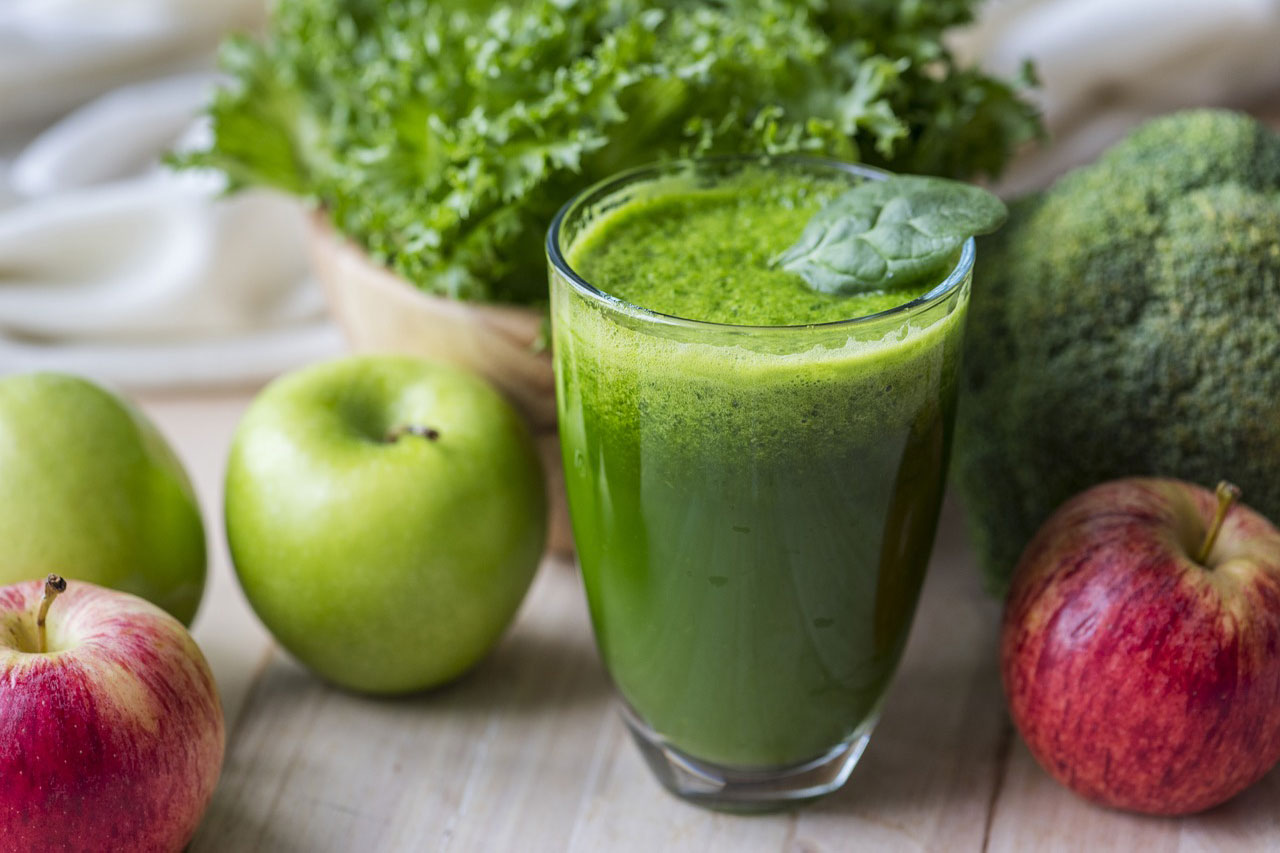A few weeks ago, I was talking with a friend of mine, and he mentioned that his girlfriend was on a very-strict diet of about 500 calories a day. I mentioned to him that it was really important that she get enough protein, or else she would wind up losing muscle mass as well as fat.
It literally makes me sad to think of people who are trying so hard to lose weight and become healthier, go on a diet, don’t get enough protein, then wind up losing muscle mass and thinking to themselves “Wow that’s great; I lost 12 pounds!”
Extreme calorie-reducing diets cause the body’s metabolism to slow down to save energy. Since muscle requires energy to perform, breaking down muscle for fuel helps to reduce the energy requirements and provide nourishment for the rest of the body. Therefore, the body may burn muscle for fuel while storing fat for emergency.
This shows up in a more extreme way when people are utilizing an exercise program at the same time that they are reducing their food intake.
In one study, 2 groups of young men cut their caloric intake by 40% of what they should have ingested to maintain their weight. Half of them utilized a diet of 15 percent protein, 35 percent fat and 50 percent carbohydrates.
The other half followed the same caloric restrictions, but their diet was 35% protein and 15 percent from fat and 50% carbohydrates Overall, their protein intake was about three times the recommended dietary allowance for most people.
For 4 weeks, 6 days a week, all of the participants did a strenuous full-body weight-training circuit with high-intensity intervals, or plyometric training.
At the end, the routine had succeeded in incinerating pounds from all of the participants. The men in both groups lost about 11 or 12 pounds on average.
The difference was that unlike most people on low-calorie diets, the men on the high-protein regimen had actually gained muscle during the month, as much as three pounds of it. So, in these men, almost all of the 11 or 12 pounds they had lost over all had been fat.
In another study, published in the FASEB Journal, 39 people were put on a weight-loss diet for 21 days. They were split into 3 groups: one group ate the recommended daily allowance (RDA) of protein, a second group who ate twice the RDA of protein, and a third group who ate three times the RDA of protein.
They exercised enough so that they could lose an average of two pounds a week. The results were that those who ate double the protein RDA were able to lose fat without losing muscle mass while on the diet. The participants who ate triple the RDA of protein didn’t show any more weight loss than the double group.
So, how much protein do you need? There is some controversy on this, but the U.S. government NIH (National Institutes of Health) suggests .8 grams per kilogram of bodyweight as the RDA (Recommended Daily Allowance).
To determine your RDA for protein, you can multiply your weight in pounds by 0.36, or use this online protein calculator. For example, a 50-year-old woman who weighs 140 pounds woman and who doesn’t exercise, needs about 53 grams of protein a day.
Regarding the controversy, in April, 2015 40 nutrition scientists gathered in Washington, D.C., for a “Protein Summit” to discuss research on protein and human health, and they suggested that a higher amount of protein was healthy. But…the summit was organized and sponsored by beef, egg, and other animal-based food industry groups. Do you think they have any vested interest in getting you to eat more protein? I do.
In an issue of Today’s Dietician, it shows “Recommendations for how much protein is enough for older people vary, but current studies suggest that most people over age 65 should take in about 1 gram to 1.2 grams of protein per 2.2 pounds of body weight per day to both gain and maintain muscle mass and function.” I’m 74, get about 60 grams of protein a day on my vegan diet, exercise 6 days a week, and do fine, although they suggest I get 68-81 grams. If your middle-ages or older, however, getting another 10 grams a day of protein wouldn’t hurt, especially if it’s plant-based.
Of course, consult your healthcare professional to get their advice on how much to consume, but in any case, be sure to get enough when you’re dieting. I suggest you consider a protein supplement. I start with one double-scoop of Orgain Plant-Based protein powder, along with 16 oz. of Silk Protein nut milk. Then I add 4 oz. of raw spinach, 4 oz. of mango chunks, and 4 oz. of mixed-berry blend, with raspberries, blackberries and blueberries. This gives me 41 grams of protein, which is about 2/3 of my RDA.
So, go ahead and give a diet a go, but be sure to get enough protein if you do.
